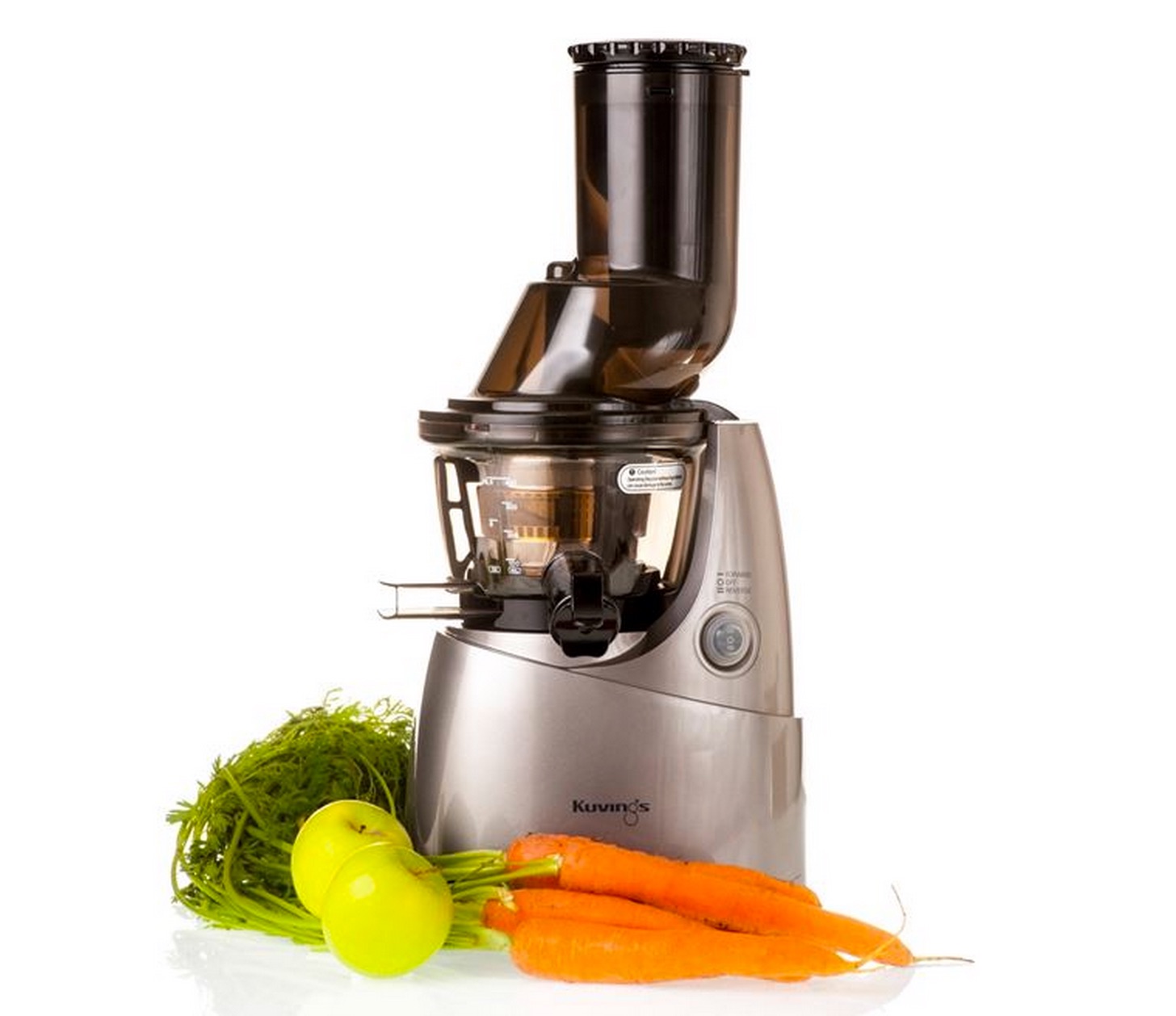Slow juicers are becoming increasingly popular as a way to extract more juice from fruits and vegetables. But does a slow juicer actually produce more juice than traditional juicers? In this article, we will look at the benefits of slow juicers and how they compare to traditional juicers in terms of juice yield. We’ll also explore the different types of slow juicers and the features they offer so you can choose the right one for your needs. Read on to learn more about slow juicers and their juice-producing capabilities.
Does Slow Juicer Produce More Juice?
Slow juicers (also known as masticating juicers) are a type of juicer that operates at a slower speed than traditional centrifugal juicers. This slower speed helps to extract more juice from fruits and vegetables by breaking down the fibers, resulting in a higher yield of juice. But does slow juicing really produce more juice?
Advantages of Slow Juicing
One of the key benefits of slow juicing is that it preserves more of the natural vitamins, minerals, and enzymes found in fruits and vegetables. This is because slow juicers operate at a lower speed, which reduces oxidation and helps to retain more of the beneficial nutrients. Additionally, slow juicing can also help to retain more of the flavor and aroma of the ingredients, creating a more flavorful juice.
Another advantage of slow juicing is that it produces a higher yield of juice. Since the juicer operates at a slower speed, it can break down the fibers of the fruits and vegetables more effectively, resulting in a higher yield of juice. Additionally, slow juicing can also help to extract more of the pulp from the produce, providing more of the fiber and nutrients found in the ingredients.
Disadvantages of Slow Juicing
One of the main drawbacks of slow juicing is that it takes a longer time to produce the juice. Since the juicer operates at a slower speed, it takes longer to extract the juice from the ingredients. Additionally, slow juicers tend to be more expensive than traditional centrifugal juicers, making them a more costly investment.
Another potential disadvantage of slow juicing is that it can be more difficult to clean. Slow juicers usually have more parts that need to be disassembled and cleaned, making them more time consuming to clean and maintain.
Factors to Consider When Choosing a Juicer
When choosing a juicer, it’s important to consider the type of ingredients that you’ll be juicing, as well as the amount of juice that you’ll be producing. If you’re looking to produce large quantities of juice, then a centrifugal juicer may be the best choice. However, if you’re looking for a higher yield of juice and more of the beneficial nutrients and flavor of the ingredients, then a slow juicer may be the better choice.
Types of Slow Juicers
There are several different types of slow juicers available on the market. The most common type of slow juicer is a masticating juicer, which operates at a slower speed and produces a higher yield of juice. There are also triturating juicers, which are even slower and can help to extract even more juice from the ingredients. Additionally, there are also cold press juicers, which are designed to preserve more of the beneficial nutrients and enzymes found in the ingredients.
Benefits of Slow Juicing Over Traditional Juicing
Slow juicing can provide several benefits over traditional juicing. As mentioned, slow juicers are able to extract more of the juice from the ingredients, resulting in a higher yield of juice. Additionally, slow juicers can also help to preserve more of the beneficial vitamins, minerals, and enzymes found in the ingredients, creating a more nutritious and flavorful juice.
Conclusion
Overall, slow juicing can be a great way to get more out of your fruits and vegetables. Slow juicers can help to extract more juice from the ingredients, while also preserving more of the beneficial vitamins and minerals. Additionally, slow juicers are also more efficient and can help to reduce oxidation, resulting in a more flavorful juice.
Frequently Asked Questions
Does Slow Juicer Produce More Juice?
Answer: Yes, slow juicers can produce more juice than other types of juicers. Slow juicers are designed to extract the maximum amount of juice from fruits and vegetables. They use a slow and gentle process that allows the juice to be squeezed out of the fruits and vegetables without damaging the nutrients and enzymes. This makes the juice much richer and more flavorful than juice made with other types of juicers.
Additionally, slow juicers are able to extract more juice from the same amount of produce than other types of juicers. This means that you can get more juice from the same amount of produce, saving you money in the long run. Slow juicers can also be more efficient in terms of energy consumption, since they do not require as much power as other juicers.
Fast Juicing v’s slow which offers the most nutrients
In conclusion, slow juicers do indeed produce more juice than traditional juicers. This is due to the fact that they extract more juice from the fruits and vegetables by slowly crushing them and squeezing out the liquid. Additionally, slow juicers produce more nutrients and enzymes, making them healthier and more nutritious than traditional juicers. All in all, slow juicers are an excellent choice for those looking for a healthy and nutritious juice.




